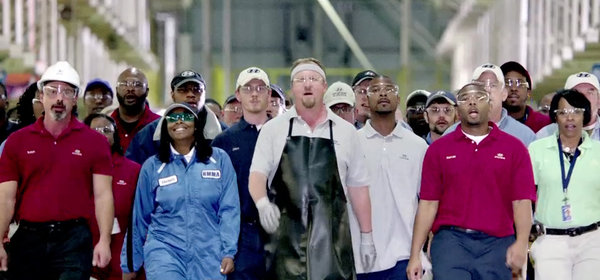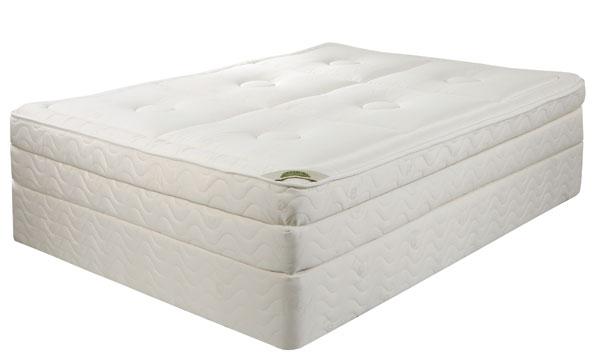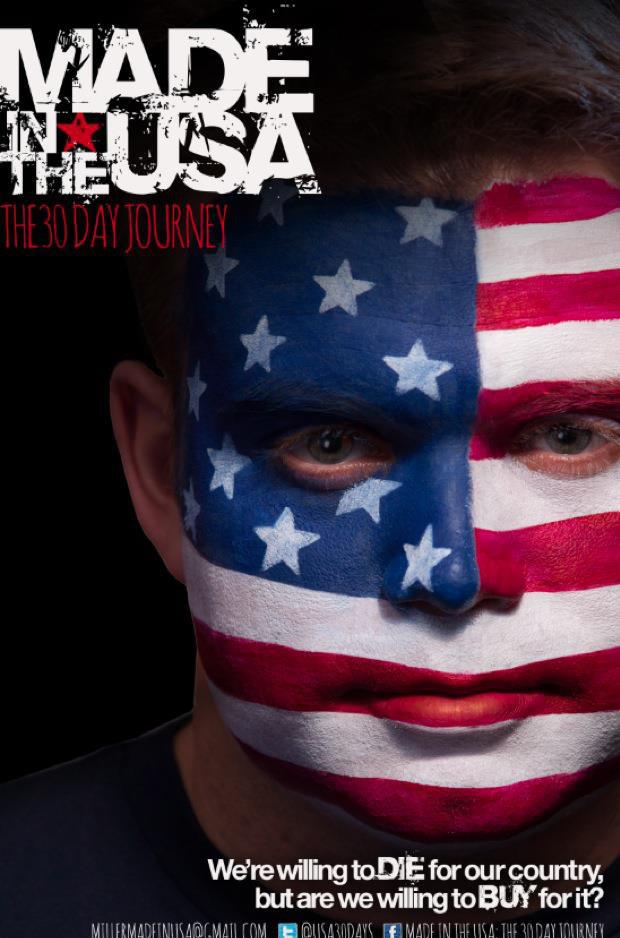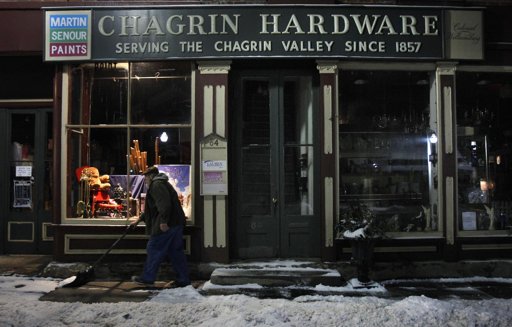
— Two deaths and multiple cases of illness across 20 states have been linked to cantaloupes contaminated with salmonella, according to the U.S. Food and Drug Administration.
State and federal health officials are advising consumers to discard all cantaloupes from southwestern Indiana, as tests have found evidence of the same strain of salmonella bacteria associated with a multi-state outbreak that health officials say is still ongoing.
The outbreak, which began in July, has been linked to two deaths and sickened at least 50 people in Kentucky. According to the Food and Drug Administration’s website, a total of 141 persons infected with the outbreak strain of Salmonella Typhimurium have been reported from 20 states: Alabama, Arkansas, California, Georgia, Illinois, Indiana, Iowa, Kentucky, Michigan, Minnesota, Missouri, Mississippi, New Jersey, North Carolina, Ohio, Pennsylvania, South Carolina, Tennessee, Texas, and Wisconsin.
The agency cautions consumers not try to wash the harmful bacteria off the cantaloupe, or cut through the outer surface, as contamination may be both on the inside and outside of the fruit.
Consumers with questions about food safety are encouraged to call 1-888-SAFEFOOD or consult the fda.gov website.
The United States Department of Agriculture’s Food Safety and Inspection Service (FSIS) provides these recommendations for preventing Salmonellosis
– Wash hands with warm soapy water for 20 seconds before and after handling food and after using the bathroom, changing diapers, and handling pets.
– Wash utensils, cutting boards, dishes, and countertops with hot soapy water after preparing each food item and before you go on to the next item.
– Consider using paper towels to clean kitchen surfaces. If you use cloth towels, wash them often in the hot cycle of your washing machine.
The Centers for Disease Control and Prevention reports that people in a normal state of health who ingest Salmonella-tainted food may experience diarrhea, fever and abdominal cramps, which typically begin within 12 to 72 hours. This may be accompanied by vomiting, chills, headache and muscle pains. These symptoms may last about four to seven days, and then go away without specific treatment, but left unchecked, Salmonella infection may spread to the bloodstream and beyond and may cause death if the person is not treated promptly with antibiotics.
Children, the elderly, and people with compromised immune symptoms should practice extreme caution, as salmonellosis may lead to severe illness or even death.
Earlier this week, the Food and Drug Administration found Listeria monocytogenes on a honeydew melon and at a packing facility in Faison, North Carolina, but no illnesses have been reported.
In 2011, the number of deaths linked to a listeria outbreak in cantaloupe rose to 29, topping a 1985 mark for the most deaths among adults and children. Experts say the third-deadliest U.S. food outbreak was preventable.











You must be logged in to post a comment.